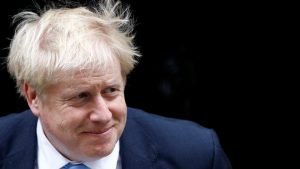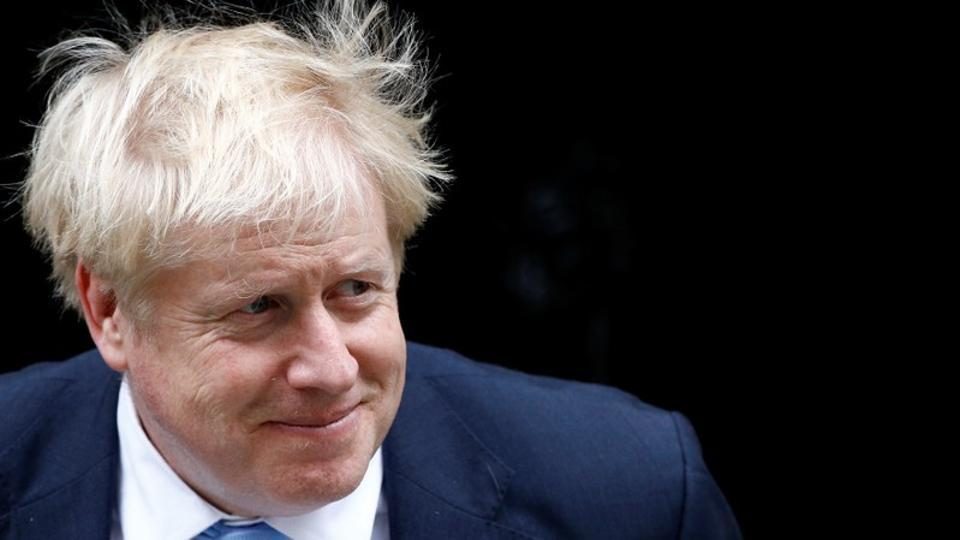Negotiators from the U.K. reached an agreement with officials in Brussels Thursday that could pave the way for Britain to finally break its 46-year-old ties to the European Union this month.
The withdrawal agreement was completed just in time for EU leaders to assess it when they gather for summit talks in the Belgian capital later in the day. The deal then needs to win the backing of the U.K. Parliament on Saturday.
That’s the final, treacherous hurdle for Prime Minister Boris Johnson to clear before he can complete his ambition of leading Britain out of the EU. Hanging over is the prospect of a veto from the Democratic Unionist Party, the Northern Irish group he needs to get the deal approved.
“We’ve got a great new deal that takes back control — now Parliament should get Brexit done on Saturday so we can move on to other priorities like the cost of living, the NHS, violent crime and our environment,” Johnson wrote on twitter.
Pull it off, and Johnson will draw a line under three years of political turmoil since the U.K. voted to leave the world’s biggest trading bloc. That journey has strained its relationship with historic allies, soured the political debate at home, and tested the patience of voters.
Negotiators in Brussels and London this week have gone from optimism to dismay and back again, with the pound twitching at every murmur. Now, at last, all those predictions about the costs or benefits of Brexit may be put to the test.
At the very least, businesses and travelers will be spared the inevitable disruption that would have been triggered by Britain crashing out of the bloc without a deal. For both sides, the agreement is a chance to move their political agendas on and to start focusing on their future trading relationship.
But first there’s t he task of securing the backing of the House of Commons, where Johnson has no majority and has lost a string of crucial votes since taking office in July.
he task of securing the backing of the House of Commons, where Johnson has no majority and has lost a string of crucial votes since taking office in July.
The man who became the face of Brexit during the 2016 referendum campaign needs to convince the DUP that he is not selling them out and to persuade Brexit true-believers that this is a real separation rather than a pointless fudge.
It is not clear — even now — how much backing his position has from DUP leader Arlene Foster. But Johnson has been consulting with the DUP closely and the picture emerging suggests that one by one the issues that vex Foster are being tackled.
Certainly, the die-hard Brexiteers who helped her to destroy May’s premiership are sounding like they could hold their noses and let Johnson’s deal fly.
“The deal sounds like it could well be tolerable,” said Steve Baker, who leads that faction in Parliament.


